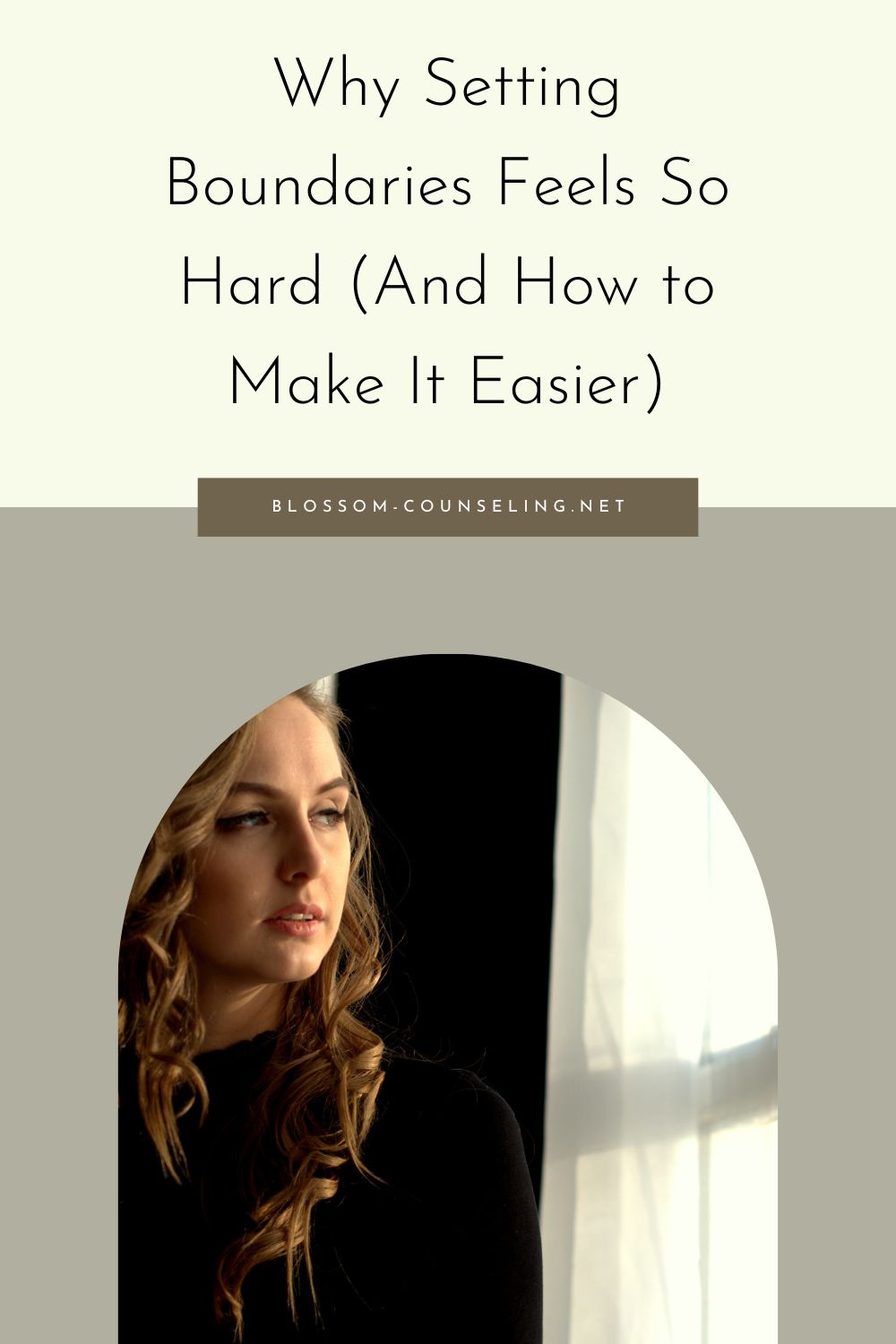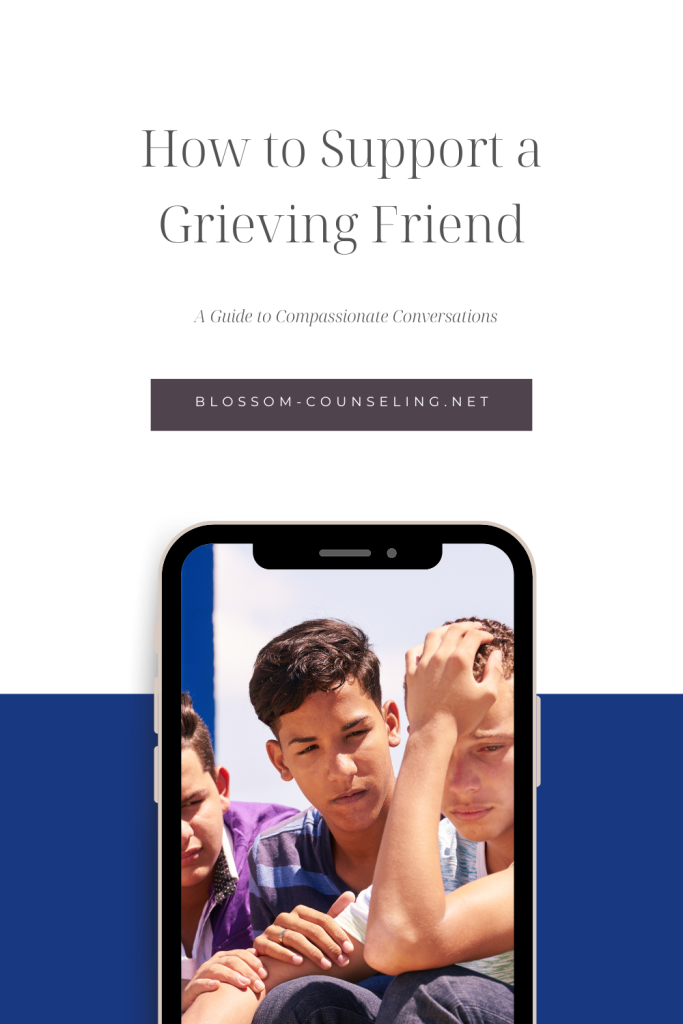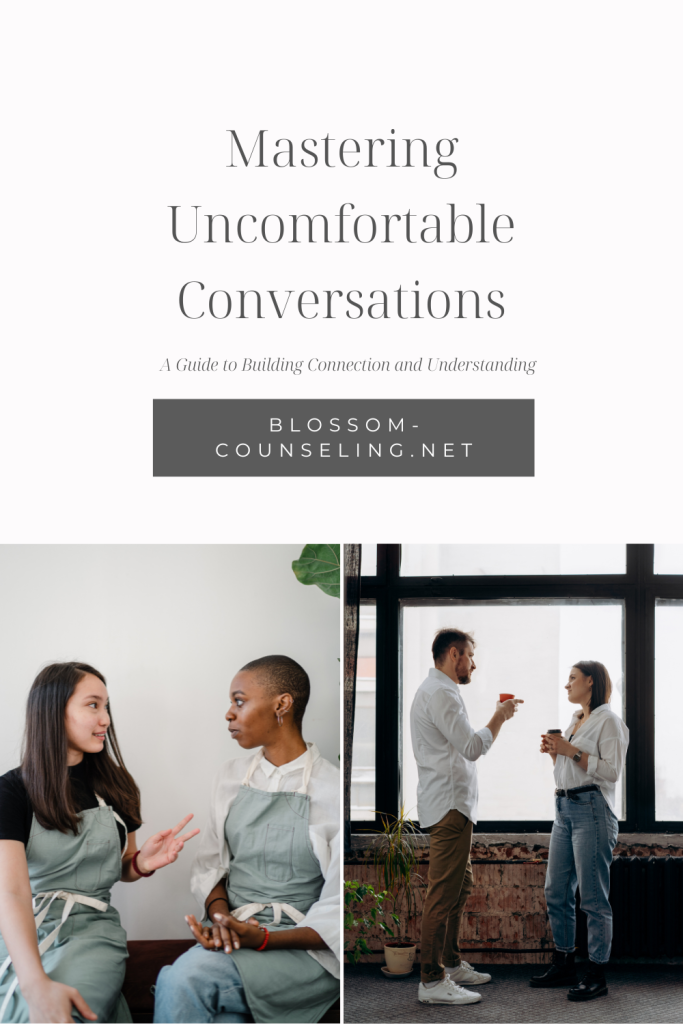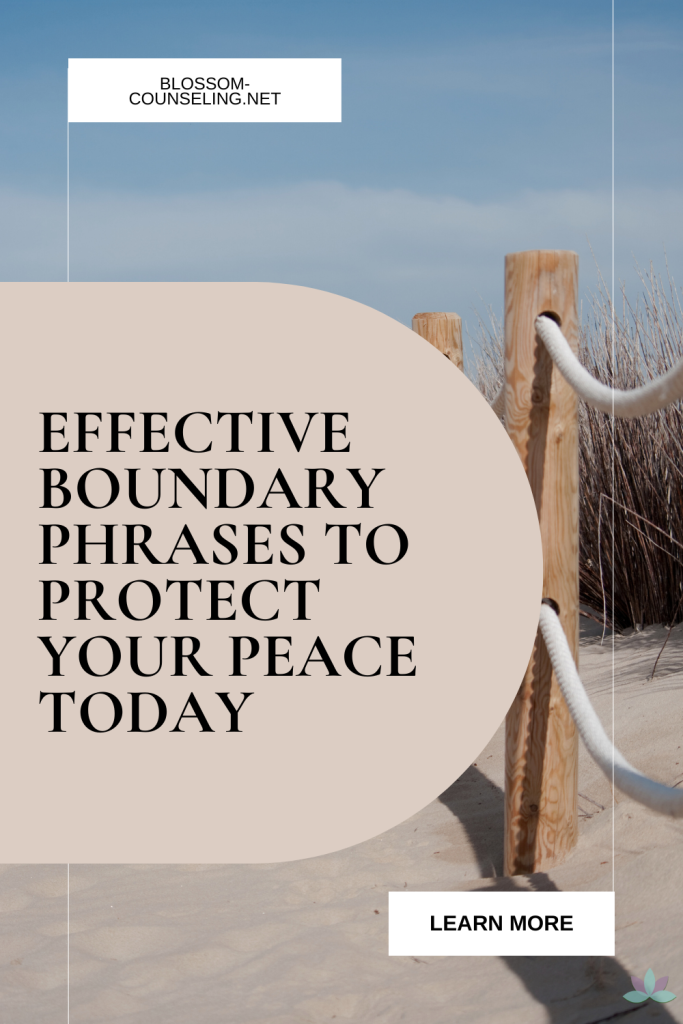 Setting boundaries sounds so simple in theory. Just say “no,” speak up for yourself, and the stress magically disappears. But if you have ever tried to set a boundary and walked away feeling guilty or anxious, you know it rarely feels that easy.
Setting boundaries sounds so simple in theory. Just say “no,” speak up for yourself, and the stress magically disappears. But if you have ever tried to set a boundary and walked away feeling guilty or anxious, you know it rarely feels that easy.
So why is it so hard, especially when a part of you knows you deserve peace and healthier relationships?
We are wired for connection
Deep down, we all want to feel accepted, valued, and safe with the people around us. Because of that, saying “no” can feel scary. It can feel like you are risking closeness or inviting conflict. You might worry about disappointing someone or hurting a relationship. Even though healthy boundaries usually strengthen relationships, it can still feel uncomfortable to put your needs in the center.
The fear of being called selfish
Many of us learned that being kind means putting everyone else first. Over time, this can make it hard to believe your needs matter too. When you try to speak up for yourself, you might feel guilty or unsure. It can feel unfamiliar to take up space, even when you desperately need it.
Your past experiences matter
If you grew up in environments where your needs were ignored or punished, your body may have learned that speaking up is risky. A past reaction from someone else can echo in the present and make you hesitate, even when you are safe now. Old patterns can make it hard to trust that your voice will be heard.
The fear of conflict or letting someone down
Most people do not enjoy confrontation. You might worry about upsetting someone or being misunderstood. That fear can convince you to stay silent, even when something hurts you. Over time, you may find yourself tolerating things that drain your energy or make you resentful.
Sometimes we are not sure what we want
You cannot communicate a boundary if you do not know where the line is. Many of us move through life without slowing down long enough to check in with ourselves. When you are unsure of your own limits, it is easy for relationships to become confusing or cloudy.
It is a skill that takes practice
No one does this perfectly at first. You may feel awkward, too firm, or too apologetic. That is part of the learning process. You are allowed to grow at your own pace.
Remember this
Boundaries are not punishments. They are invitations for healthier connection. They protect your peace, your energy, and the version of you that deserves to feel safe and respected.
Boundaries are not walls. They are bridges that help others reach the real you.
Hi, I’m Shereece, a therapist who believes you don’t need to have everything figured out to start feeling better. I support young adults, adults, teens, and families through life transitions, anxiety, trauma, and those moments when everything just feels like too much.
If you’re feeling overwhelmed, stuck, or ready for something to shift, therapy can be a place to breathe, reflect, and begin again. I’d be honored to walk that path with you.




